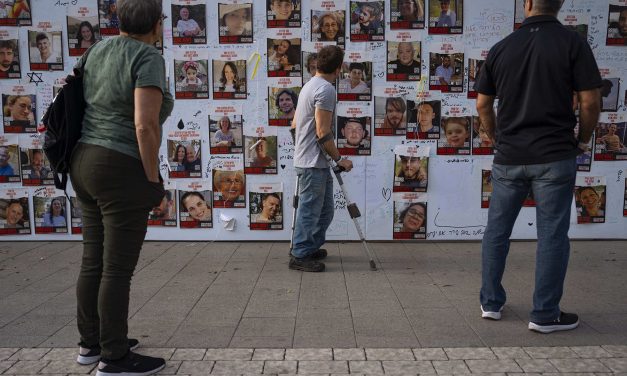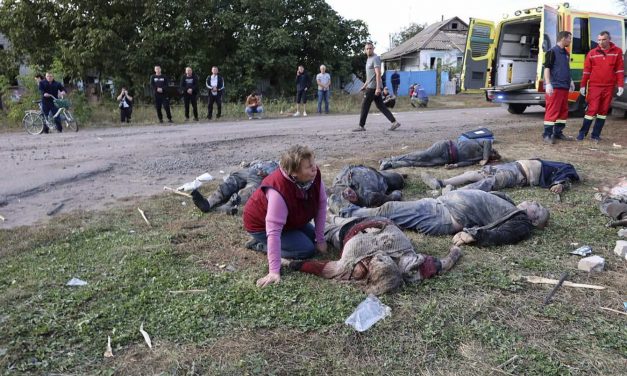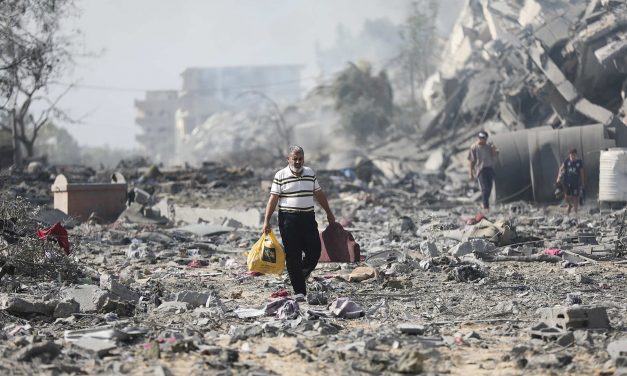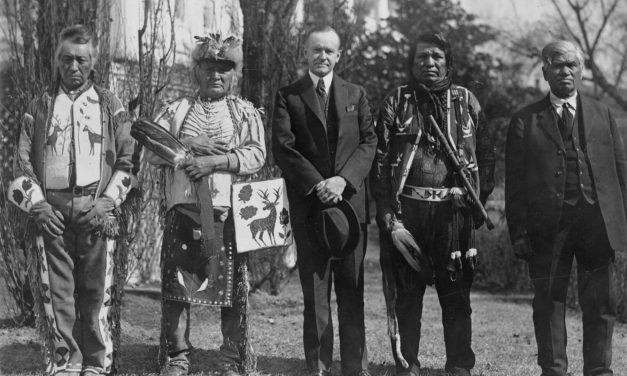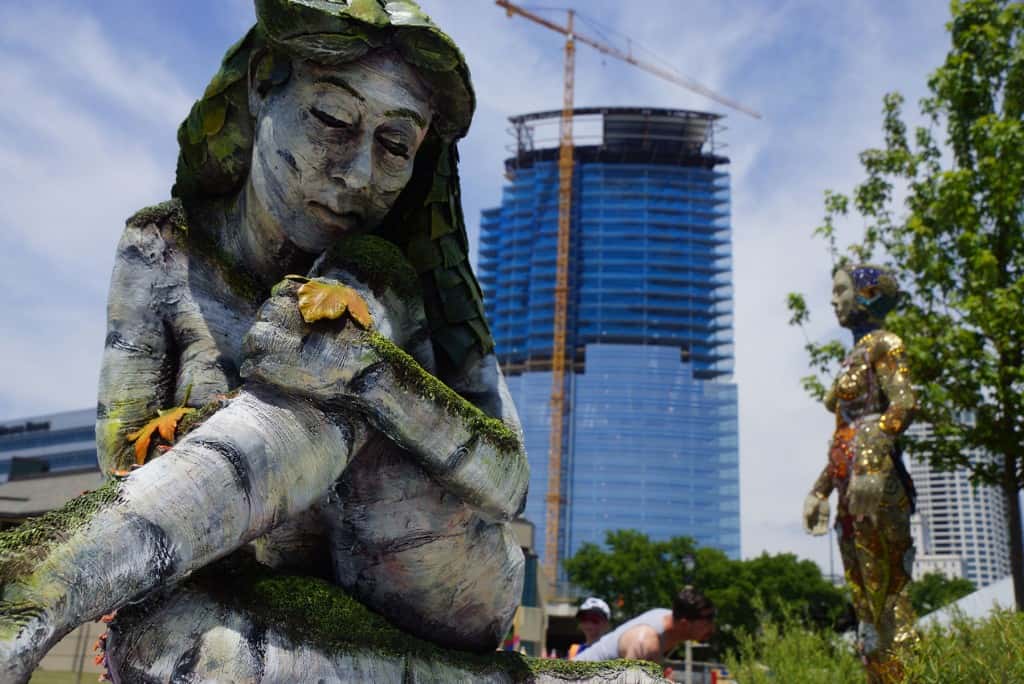Israel’s identity: How intergenerational trauma shapes Jewish responses to Hamas war criticism
By Dov Waxman, Rosalinde and Arthur Gilbert Foundation Professor of Israel Studies, University of California, Los Angeles In the wake of the Hamas terror attacks on Israel on October 7, and the Israeli military response, Jewish people in Israel and around the world have, at times, been posting on social media or otherwise saying publicly that people who criticize Israel’s response are, or might be, antisemitic. Dov Waxman, director of the Y&S Nazarian Center for Israel Studies at the University of California, Los Angeles, explains why many Jews might feel that way. Why do some people appear to equate...
Read More
